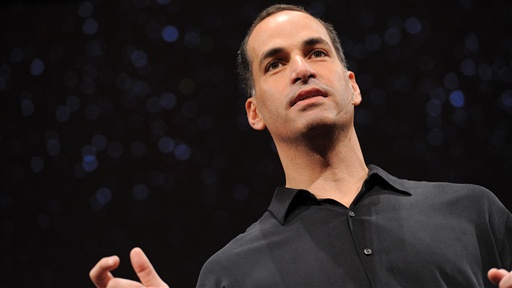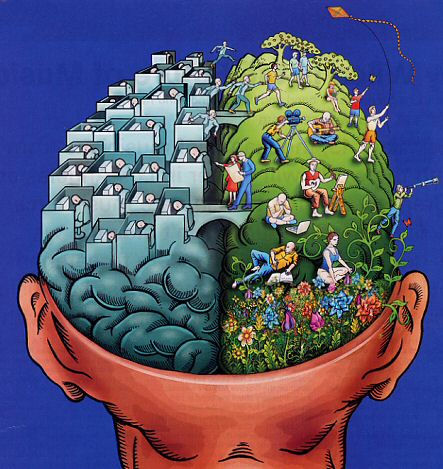
 Ric Elias TEDtalk
Ric Elias TEDtalkYou never know when life if going to change. One day you're living life, happy and content, the next you find yourself on a plane crash, wondering if you're even going to live to see the next day. This is what Ric Elias experienced on his way to New York one day. It was completely unexpected, and completely life-altering.
Ric Elias said that everything changes in an instant when you feel like you're about to die. What surprised me the most when he was explaining what went through his mind during those moments was that Elias said he wasn't scared of dying. That confused me the most because, wouldn't it be natural to be scared of never seeing another day? The way Elias described it was that he didn't feel frightened, but sad. Sad that he wouldn't see his family again, and thinking of all the things he wished he could have done for them. He wasn't frightened because he felt as if people are simply prepared for their moment of death. This part seemed, to me, unselfish. Instead of thinking of himself and his life, Elias thought about his family and what he wished he could have done for them.
I thought Ric Elias was an excellent speaker. He delivered his talk with confidence, and though it was heart-clenching, he still added bits of comedic relief for the crowd. The way he gave his talk also suggested that he doesn't look back on the past any more, but lives in the present and looks forward to the future. Although his TEDtalk was a mere five minutes, it gave much meaning because it came from his heart and his own experience. The crowd gave him a standing ovation, which he so deserved. It was very inspirational and he proved himself to be a remarkable person for being so strong.
There is one thing that really matters to Ric Elias, and he stated it toward the end of his talk. What matters the most to Elias is being a great dad for his children. That became his goal in life, and it was his epiphany of how he changed after the plane crash. His near death experience gave him insight of what truly mattered to him, and he stuck to that. So the question for you is, "How would you change?"








